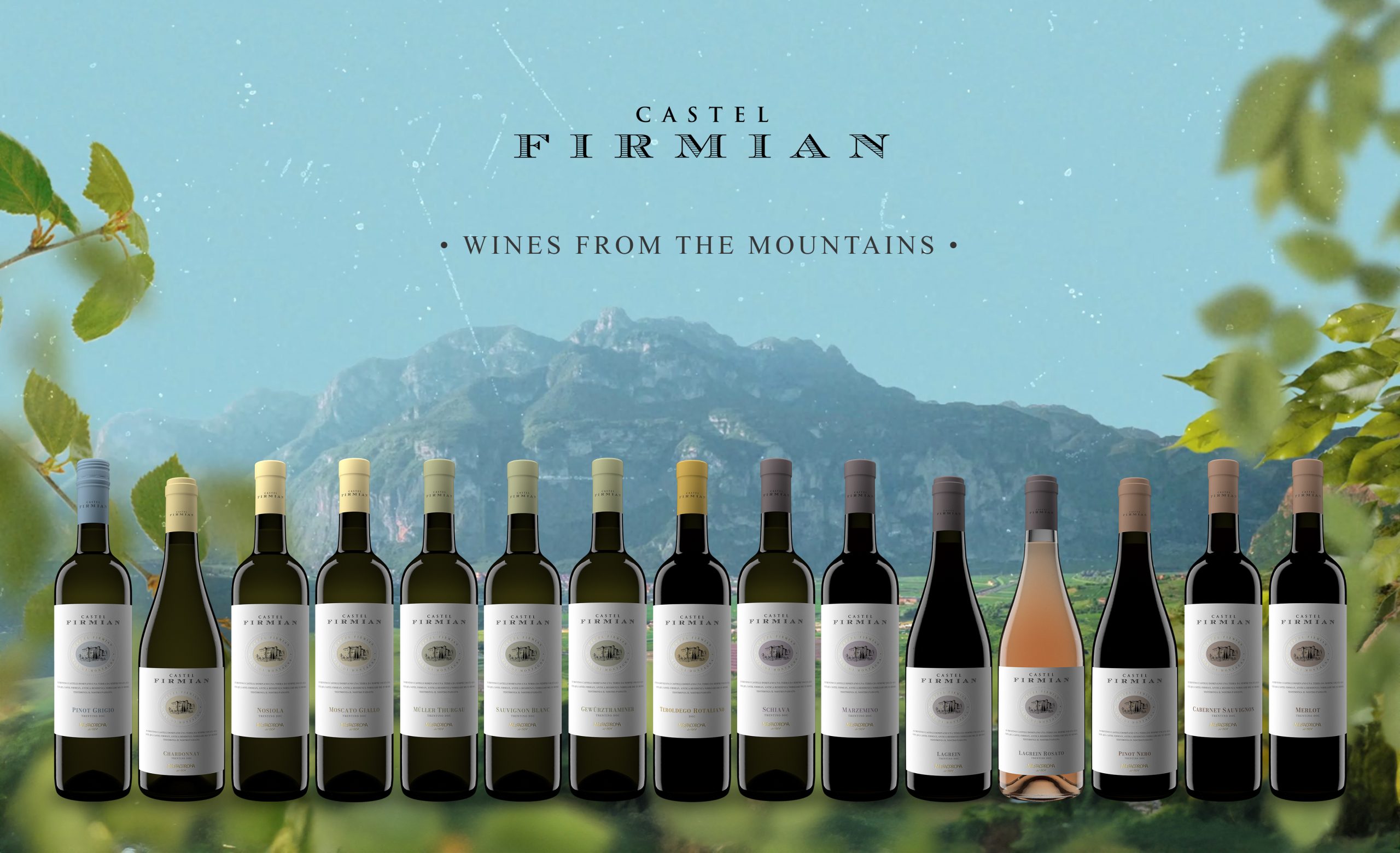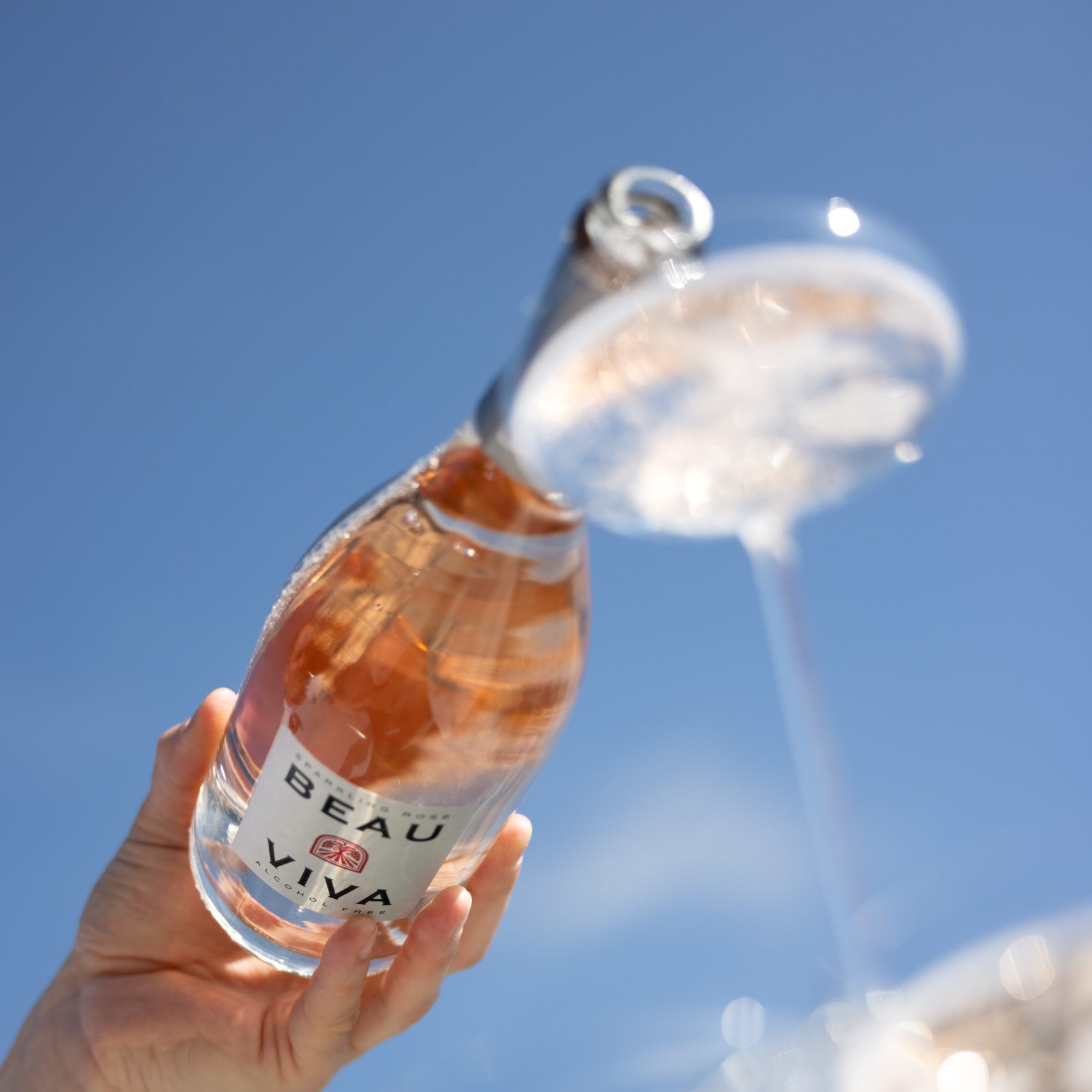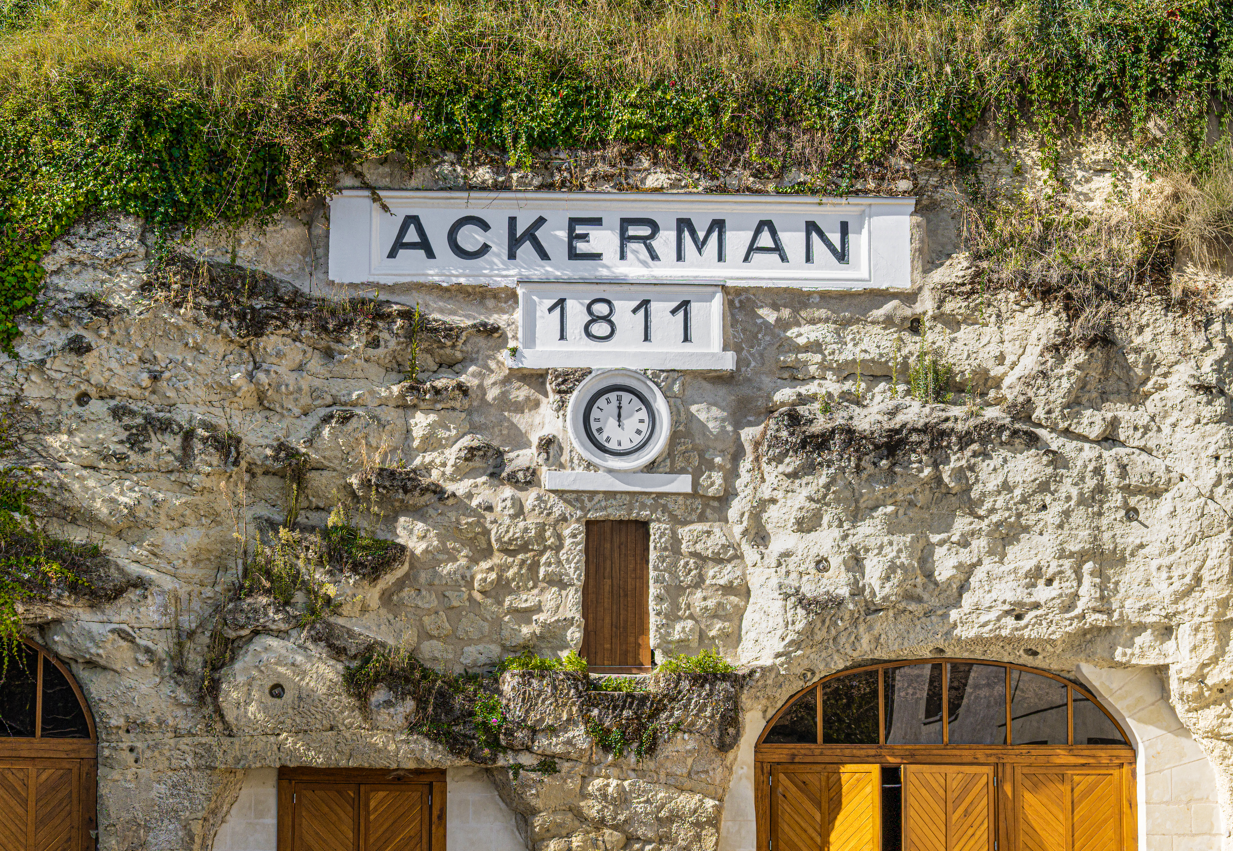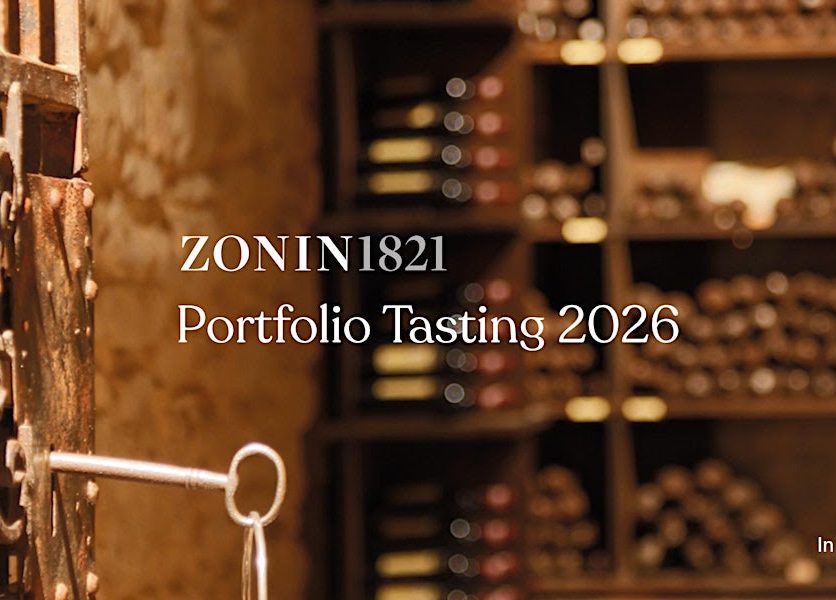UK alcohol duty rates to rise with inflation
The Chancellor of the Exchequer, Philip Hammond, has announced that alcohol duties will increase, with inflation, lifting a freeze on beer and spirits duties which had been imposed in 2015.
From 13 March 2017, duty on beer, cider, wine and spirits will increase by RPI inflation (currently 3.9%), effectively ending a freeze that had protected beer and spirits from further duty increases. A freeze on wine had already been lifted by the chancellor in the Spring statement last year.
The government also announced plans to consult on introducing a new duty band for still cider just below 7.5% abv to target high strength white ciders, and the potential for a new duty band for still wine between 5.5% and 8.5% abv, which could give lower alcohol wines a break.
Ahead of the Budget announcement this afternoon, both the British Beer and Pub Association (BBPA), Scotch Whisky Association (SWA) and Wine and Spirit Trade Association (WSTA) had called for the chancellor to cut duty on alcohol to support the further growth on the industry.
Currently, the average duty paid on an bottle of still wine in the UK is £2.08, meaning that 55% of every bottle sold goes on duty and VAT, while the duty paid on an average bottle of sparkling wine is £2.67. In comparison, consumers in France pay just 6 pence in duty on an average bottle of sparkling wine, according to the WSTA, with 3 pence paid on still wine.
Both the SWA and WSTA had called for a 2% cut to wine and spirits, including Scotch, while the BBPA had campaigned for a 1 pence cut to beer duties.
Major blow to Scotch
The Scotch Whisky Association meanwhile said the decision to increase excise duty on spirits by nearly 4% or 36 pence a bottle in today’s Budget is a “major blow” to a key UK industry that it said undermined the competitiveness of Scotch at a time when the Government should be supporting home-grown exporters.
As a result of today’s increase, the level of tax – excise duty and Vat – on an average priced bottle of Scotch Whisky is now an onerous 79%, one of the highest levels in Europe, and 21% higher than in 2010. The excise duty burden on a 70cl bottle of Scotch is £8.05 and the total tax is £10.20.
The SWA has said it is time for a “fundamental review” of the alcohol duty system, describing the move as “damaging” to a major industry and at odds with the Prime Minister’s words during a speech in Glasgow last week, where she described Scotch Whisky as ‘a truly great Scottish and British industry’.
“A nearly 4% duty rise and a 79% tax burden on a bottle of whisky is a major blow, reversing recent progress,” said Julie Hesketh-Laird, SWA acting chief executive. “Distillers will find it hard to understand why the Chancellor is penalising a strategically important British industry with this tax increase.
“At a time when government should be supporting a key home-grown sector, we face a damaging tax rise on top of the uncertainties of Brexit. Looking to the autumn Budget, we will be arguing strongly that it is time for a new approach to excise duty outside the constraints of EU excise law. The system is in need of a fundamental review and reform to make it fair and competitive.”
Meanwhile Charles Ireland, managing director of Diageo Great Britain, said the rise to alcohol duties was “bad for the economy, bad for business and bad for the British public”.
Echoing the thoughts of Hesketh-Laird, Ireland said it was “staggering that the Prime Minister stood up in Scotland only on Friday and said that Scotch Whisky is “a truly great Scottish and British industry… and directly supports tens of thousands of jobs, and just five days later her Chancellor hammers this industry at home”.
“Tax on Scotch Whisky is now so high – nearly 80% of the price of an average bottle will go straight to the Government. We believe this duty rate increase will reduce total tax revenue. We are calling on the Government to reverse this punitive tax hike and fundamentally overhaul what is clearly a flawed excise duty system.”
Miles Beale chief executive of the WSTA added: “It is disappointing that the Chancellor has failed to support a great British industry. He has increased what were already excessive and unfairly high rates of duty for the UK’s wine and spirit consumers and businesses.
Partner Content
“Between Brexit’s impact on the pound and rising inflation the wine and spirit businesses face a tough trading landscape. This is a missed opportunity to back British business and help out struggling consumers. The added uncertainty of another Budget in six months’ time is unwelcome and will further undermine business – and consumer – confidence.”
“At least there is some sign that Philip Hammond cares about levelling the playing field. It is important that he treated all alcohol products equally. It is welcome news that he has introduced a consultation on wine and made wine between 5.5 – 8.5% – a category which holds a great deal of potential for innovation, especially for lower ABV products.”
Beer duty rise will hit consumers
For beer, it means that the duty paid on a pint of beer will increase by two pence, which nonetheless is the first duty rise in five years, noted the Campaign for Real Ale (CAMRA).
With inflation set at 3.9% the real increase in beer tax is about £130 million, according to stats provided by the British Beer and Pub Association.
“UK beer drinkers, pubs and brewers have been let down by the Chancellor’s decision to increase beer duty for the first time in five years,” said Colin Valentine, CAMRA’s national chairman.
“The announced two penny a pint increase marks a return to the days when the much-hated Beer Duty Escalator contributed to 75,000 job losses, 3,700 pub closures and a 24% fall in beer sales in pubs. The rise in beer duty will ultimately hit consumers in their pockets and lead to pub closures across the country.
“The government’s U-turn on beer duty is a real missed opportunity to support consumers. The UK still pays one of the highest rates of duty across Europe, only consuming around 12% of the beer yet paying nearly 40% of all beer duty in the EU. Further beer duty increases will lead to unsustainable price increases in pubs. The decision completely ignores the pressures that are being faced by the beer and pub sectors.”
The BBPA’s chief executive Brigid Simonds said an extra 2 pence duty on a pint was “not good news for the British beer industry and in turn pubs”.
“Business Rates, auto-enrolment of pensions, the national living and minimum wage, and the Apprenticeship Levy were already adding the equivalent of 5.3p in beer duty,” she said. “Beer tax has now risen by 43% in the past ten years. This latest rise will mean 4,000 fewer jobs this year, mostly in pubs. Tax rises on all alcohol will add £125 million to the cost base of pubs.
“Britain’s beer taxes are three times the EU average, and an astonishing thirteen times higher than those of the largest producer, Germany. If we are to compete in the future and as we move towards the challenges of Brexit, action must be taken on tax, to ease the burden on a beer and pub industry that supports around 900,000 UK jobs.”
Meanwhile, Bruce Ray, corporate affairs director for Northampton-based Carlsberg UK, said, “The chancellor’s announcement of a rise in beer tax is disappointing news for all of us involved in brewing and selling beer, and particularly those people who enjoy a glass of beer in the pub.
“Last year’s freeze in beer tax supported investment into the growth and innovation in pubs and breweries – demonstrating the crucial social and economic contribution that our industry makes to the UK. This increase simply risks undoing that good work.”
Breakdown (as detailed by the WSTA) – what a rise by inflation means:
- Duty on a 750ml bottle of wine increases by 8p to £2.16
- Duty on a 750ml bottle of sparkling increases by 10p to £2.77
- Duty on a 750ml bottle of fortified wine increases by 11p to £2.89
- Duty on a 70cl bottle of vodka at 37.5% increases by 28p to £7.54
- Duty on a litre bottle of vodka at 37.5% increases by 40p to £10.78
- Duty on a 70cl bottle of Gin at 40% increases by 30p to £8.05
- Duty on a litre bottle of Gin at 40% increases by 43p to £11.50





One thing you failed to mention in your report that the pub company’s and the brewery’s
Have already put up prices and with extra council tax
The cost of a pint of beer will need to increase by 10 pence
And that still will not give the average pub and increases
That is why so many will close
I also will give notice this year as why should I work 80 hours a week to give to the government and to greedy pub cos an brewery’s
Soon only green king and Heineken will own all the pubs in the uk
What a sad day that will be I am so glad I will be out of it
We are a small brewery and have not raised our prices for 4 years. The big companies raise theirs in January before most costs are known. We will raise ours this year, but this is only after fully assessing our costs and after the known impact of the Budget. My local that serves my beer has increased his prices for the last 2 years despite my prices to him remaining the same. Please don’t blame us all for the profiteering of others.
Duty goes up when inflation goes up, but it never comes down when inflation comes down. Many moons ago There was a phrase called
“Duty harmonisation (DH) in Europe” There would be a revolution in France if duty went up by even a small amount. DH will never happen. Poor Ireland
pays €3.20 per 75cl of table wine. We will now pay € 2.48. It penalises people on low income. Prices have almost doubled in 10 years at the lower end
of the scale, so some people are giving up drinking wine, some are going to France on a booze cruise, the Calais wine Co advertise Cotes du Rhone at £1.99 inc vat.
Others bring in wine fraudulently. On the beer front, pubs, except Wetherspoons, are too expensive for many people on low income. Beer was the working man’s drink.
No longer the case. Pubs still continue to close at an alarming rate. As for Whisky? Well, if Scotland goes for a second referendum, and they will, then this and every money grabbing Government will lose all the revenue from Whisky as it will go to Scotland. Oh, and just what do we plan to do with our polaris submarines sitting in Scotland? So, summing up, loss of jobs and loss of duty revenue.
Alcohol will inevitably have labels that will say. Alcohol Kills in big letters. Well, the Government is the one that is killing alcohol.
The RPI of 3.9% used is an imaginary rate predicted by the OBR for September 2017. I think it is ludicrous to use some predicted inflation rate rather than a real one. We ceertainly won’t get any refund on duty pai if the RPI is below 3.9% in September. Of course the duty rise itself will help nudge the inflation rate higher, making it a self fulfilling prophecy if it does come to pass. It is a bitter pill to swallow on top of the impact on exchange rates of the Referendum result.
how odd that the chancer-ler raises payment to the government based on a fiction of RPI but decreases its payment of benefit sbased on a fictional CPI. Fraud of course
This will once again encourage grey market to avoid paying excise duty and vat at the same time.
It seemed that AWRS registration was a good idea and people started to reconsider if it made sense to take risk but making a excise duty increase will now cause gangs to try to find a way to avoid paying both.
Tax at these levels is effectively a subsidy for criminals